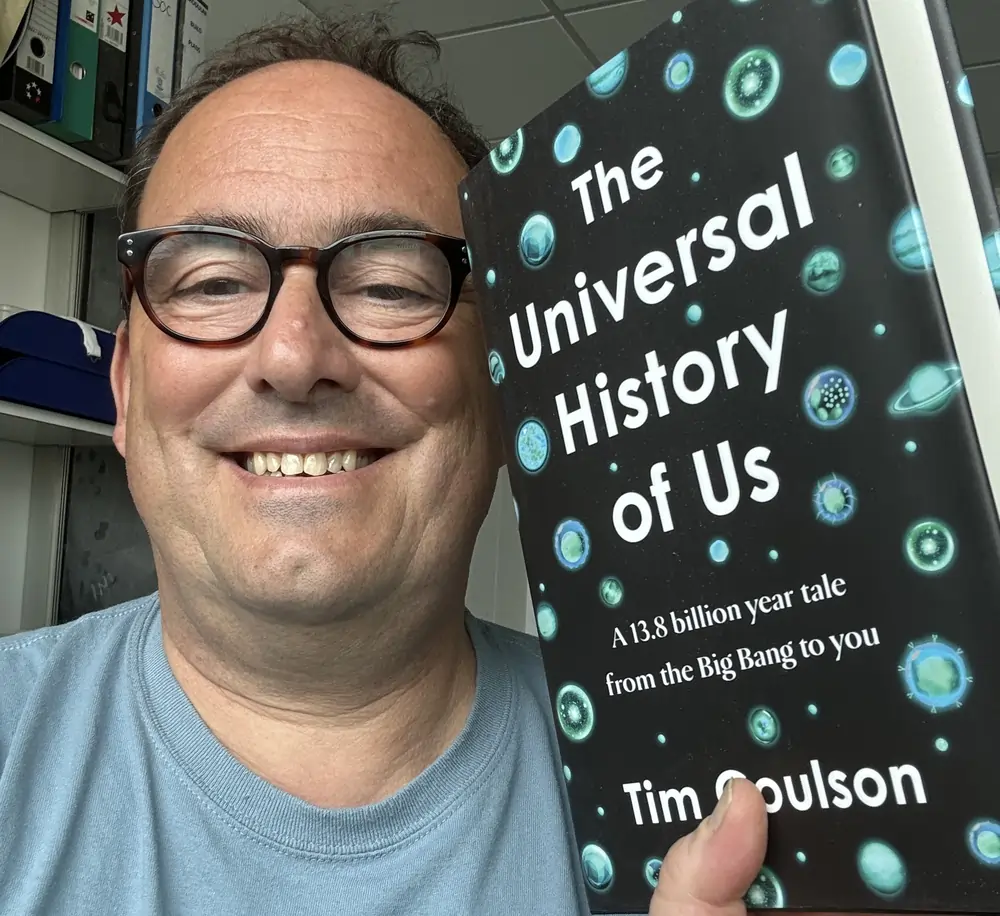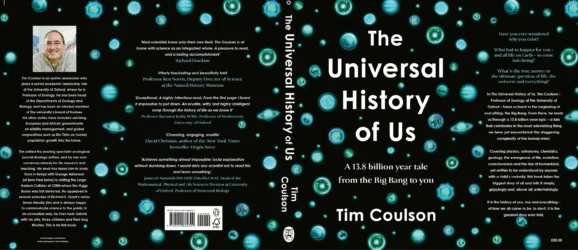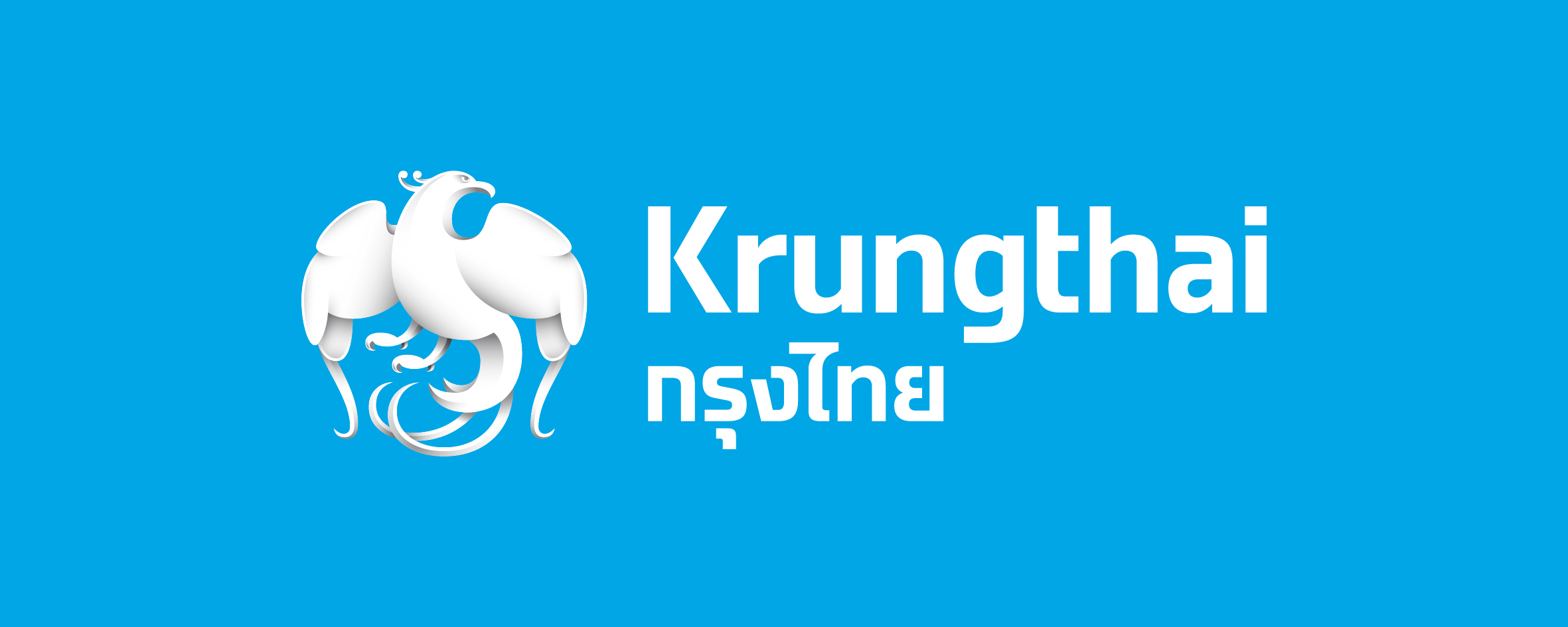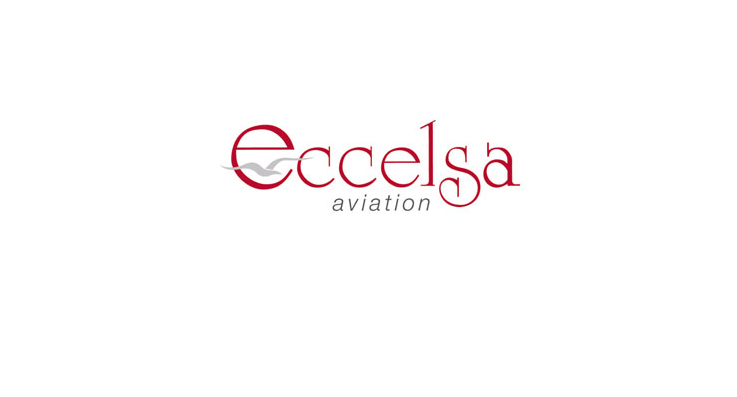Professor Tim Coulson on Life, Chance, and the Science of Existence

Professor Tim Coulson
- Published
- Authors, Home, Opinion & Analysis

The European: Your new book, The Universal History of Us: a 13.8-billion-year tale from the Big Bang to You (Penguin Michael Joseph), is out now. What inspired you to write a book covering the entire history of the universe and life on Earth?
Professor Tim Coulson: I wanted to explore what science can tell us about why we exist. The universe started as a pinprick of intense energy, and 13.8 billion years later, some of that energy is in you—a walking, talking, thinking collection of over 30 trillion cells working together. Science doesn’t have all the answers about how this transformation occurred, but what it has uncovered is remarkable. I wanted to describe this journey from energy to ‘you’ in an accessible way.
One of your aims with The Universal History of Us is to make complex scientific concepts accessible to everyone. What approach did you take to achieve this in your writing?
The goal of science is to uncover how the universe works, including questions about why we exist. I needed to understand key concepts in physics, chemistry, astronomy, earth science, and biology. Since I’m employed by a university and funded by public resources, part of my role is to make scientific knowledge accessible and engaging. I aimed to explain science in a way that resonates with everyone, avoiding jargon or clearly defining technical terms when necessary. I wrote with a curious but non-specialist audience in mind, aiming for a style that makes science approachable for all.
You had a close brush with death after contracting malaria in your early twenties. How did that shape your journey to becoming a scientist and writing this book?
I’ve always been drawn to science and maths, which were the only subjects I excelled at in school. Becoming an artist or classicist was never an option. Ironically, I ended up as an academic almost by accident. Unsure of my path after finishing my degree, I pursued a PhD, then continued postdoctoral positions until I arrived at Oxford, where I now tell my children I still don’t know what I’ll be “when I grow up.”
Originally, I had a place to study maths, but a trip to Africa changed everything. Watching a herd of antelope, I realised I didn’t want to be a mathematician—I wanted to study biology. Choosing biology may have reduced my earning potential, but it’s given me one of the best jobs in the world: teaching bright students and trying to understand how the world works. Malaria brought it all into focus, sparking my question: what can science tell us about why we exist?
The book touches on whether our existence was inevitable or due to chance. What’s your perspective on this after researching the history of the universe?
I believe we’ve won the cosmic lottery, but it’s more complex than pure chance. The universe has rules that allow us to predict certain things, like planetary orbits. Chance seems to stem from the quantum behaviour of tiny particles. But how randomness on such a small scale affects larger objects like us remains a mystery. Some physicists argue quantum entanglement suggests the universe is fully predictable, but I think we’re far from understanding this “action at a distance”.
You discuss the importance of science literacy. Why do you think many people are distrustful of science, and how can we address that?
Some aspects of science, like the behaviour of tiny particles, are hard to grasp because they’re so far from everyday experience. Science also relies heavily on maths, which can seem like gibberish to many. And some scientists themselves can be quirky—intensely focused, single-minded, and not always the best company at a party. Scientific understanding has also led to inventions with dark legacies, like the atom bomb. Yet science has produced countless good outcomes, like life-saving drugs, though these positives are often overshadowed.
What was the most surprising or awe-inspiring thing you learned while researching for this book?
The scope of what science has uncovered in four hundred years is staggering. We’ve gone from seeing ourselves as the centre of creation to realising we’re one of at least two intelligent ape species that evolved to walk the Earth. And Earth? It’s an average planet, orbiting an average star in a quiet corner of an average galaxy. There’s irony in the fact that, despite concerns about CO2, Earth’s life will end when it runs out of carbon dioxide for plant photosynthesis. I also love the details science reveals, like the fact that with each orbit, the Moon drifts ever so slightly farther from Earth.
As a biologist, what was the biggest challenge in tackling topics outside your field, like physics and chemistry, for this universal history?
Some fields appeal more than others. I find chemistry a bit dry, and explaining the electromagnetic force’s workings was one of the hardest parts. Another challenge was deciding what to include and what to leave out, so I focused on what had to happen for us to exist.
Professor Tim Coulson is a biologist at the University of Oxford, where he has led both the Zoology and Biology departments. He previously headed Population Biology at Imperial College London and held positions at Cambridge University and the Institute of Zoology London. A highly decorated scientist with awards from major institutions including the Royal Society, he has edited leading journals and served on Government advisory boards. His first book for general readers, “A Universal History of Us” (Penguin Michael Joseph), traces the 13.8-billion-year story from the Big Bang to human consciousness and is available to buy on Amazon.

RECENT ARTICLES
-
 Afore SURA awarded Pension Fund Management Company of the Year 2025
Afore SURA awarded Pension Fund Management Company of the Year 2025 -
 BOV Fund Services Limited wins in The European Banking & Finance Awards 2024
BOV Fund Services Limited wins in The European Banking & Finance Awards 2024 -
 Amberdata wins two titles in The European Banking & Finance Awards 2024
Amberdata wins two titles in The European Banking & Finance Awards 2024 -
 Ajman Bank wins in The European Banking & Finance Awards 2024
Ajman Bank wins in The European Banking & Finance Awards 2024 -
 Creditú wins three titles at The European Banking & Finance Awards 2024
Creditú wins three titles at The European Banking & Finance Awards 2024 -
 Krungthai Bank PCL wins five awards in The European Banking & Finance Awards 2024
Krungthai Bank PCL wins five awards in The European Banking & Finance Awards 2024 -
 Oakridge Property Group wins at The European Global Business Awards 2024
Oakridge Property Group wins at The European Global Business Awards 2024 -
 Old Mutual Investment Group wins two titles at The European Global Banking & Finance Awards 2024
Old Mutual Investment Group wins two titles at The European Global Banking & Finance Awards 2024 -
 AXA IM Select wins at The European Global Banking & Finance Awards 2024
AXA IM Select wins at The European Global Banking & Finance Awards 2024 -
 Zenith Bank Ghana wins five titles at The European Banking & Finance Awards 2024
Zenith Bank Ghana wins five titles at The European Banking & Finance Awards 2024 -
 SeABank awarded The Risk Management Bank of the Year - Vietnam 2024
SeABank awarded The Risk Management Bank of the Year - Vietnam 2024 -
 Vista Land & Lifescapes Inc. wins three titles at The European Global Business Awards 2024
Vista Land & Lifescapes Inc. wins three titles at The European Global Business Awards 2024 -
 Boursa Kuwait wins two titles at The European Global Sustainability & ESG Awards 2024
Boursa Kuwait wins two titles at The European Global Sustainability & ESG Awards 2024 -
 Gulf African Bank wins four titles at The European Banking & Finance Awards 2024
Gulf African Bank wins four titles at The European Banking & Finance Awards 2024 -
 Gulf Insurance Group awarded two Global Banking & Finance titles for 2024
Gulf Insurance Group awarded two Global Banking & Finance titles for 2024 -
 Eccelsa Aviation awarded three Global Business 2024 titles, including Best FBO Brand – Europe
Eccelsa Aviation awarded three Global Business 2024 titles, including Best FBO Brand – Europe -
 Afore Sura awarded Pension Fund Management Company of the Year 2024
Afore Sura awarded Pension Fund Management Company of the Year 2024 -
 Toledo Capital AG wins Best Boutique Wealth Management - Family Office 2024
Toledo Capital AG wins Best Boutique Wealth Management - Family Office 2024 -
 Banco de Chile awarded four Global Banking & Finance 2024 titles, including Bank of the Year - Chile
Banco de Chile awarded four Global Banking & Finance 2024 titles, including Bank of the Year - Chile -
 Kontora Family Office GmbH awarded Best Wealth Management Services - Germany 2024
Kontora Family Office GmbH awarded Best Wealth Management Services - Germany 2024 -
 Banque Misr awarded five Global Banking & Finance 2024 titles, including Best Banking Brand - MENA
Banque Misr awarded five Global Banking & Finance 2024 titles, including Best Banking Brand - MENA -
 Krungthai Bank PLC wins five awards in The European Banking & Finance Awards 2023
Krungthai Bank PLC wins five awards in The European Banking & Finance Awards 2023






















